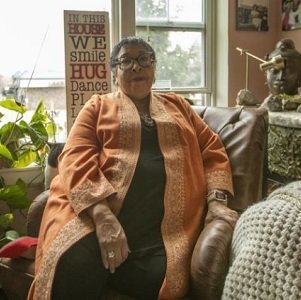Racial weathering, a term coined by public health researcher Arline T. Geronimus, is taking a toll on generations of Black Americans, contributing to higher rates of chronic diseases and premature death. The concept describes how repeated exposure to racism and other stressors leads to poor health outcomes.
Bonnie Steele’s story illustrates the impact of racial weathering. After years of living in a high-stress environment in Minneapolis, where gun violence was commonplace, Steele discovered her blood pressure had skyrocketed to dangerous levels. “Stressful doesn’t even begin to describe it,” Steele said about her experiences.
The roots of racial weathering trace back to America’s history of slavery and ongoing systemic racism. Dr. Geronimus explains, “Populations that have been racialized or stigmatized or are subject to structural and systemic, as well as interpersonal racism, are the ones that are likely to weather the fastest and the worst.”
The COVID-19 pandemic further highlighted these health disparities, with Black Americans being hospitalized and dying at higher rates than their white counterparts. Dr. Geronimus attributes this to the fact that “weathered bodies are more vulnerable to the worst ravages of infectious disease outbreaks.”
In response to these issues, some cities and states have begun to declare racism a public health crisis. Dr. Pamela Adelstein, a family medicine practitioner, emphasizes the importance of acknowledging racism in healthcare: “The constant microtraumas and macrotraumas are detrimental to people’s health and well-being and have short- and long-term effects.”
As the medical community and policymakers grapple with addressing racial weathering, there is an urgent need for systemic changes to improve the health outcomes of Black Americans.
See “Racial weathering and its toll on generations of Black Americans” (June 10, 2024)



